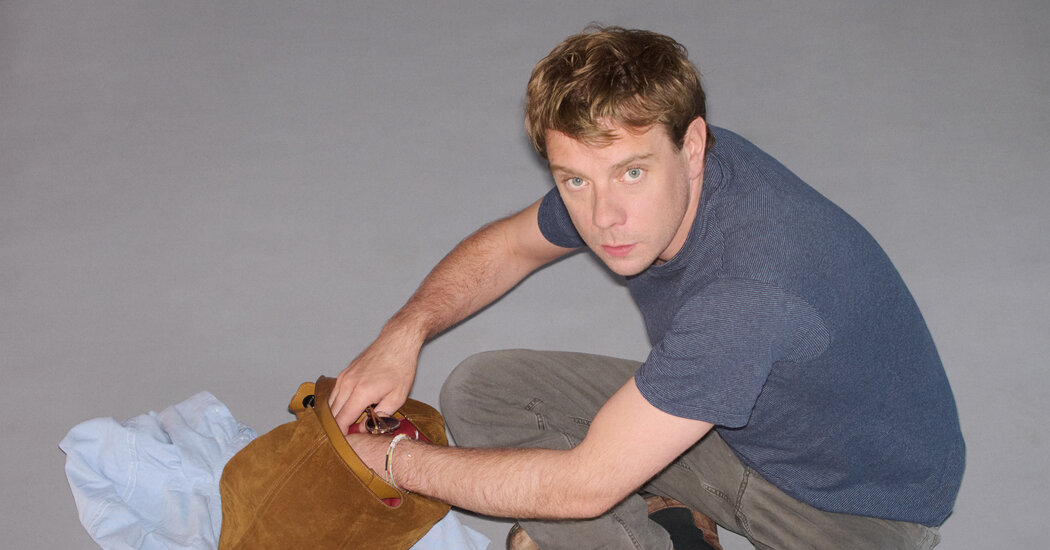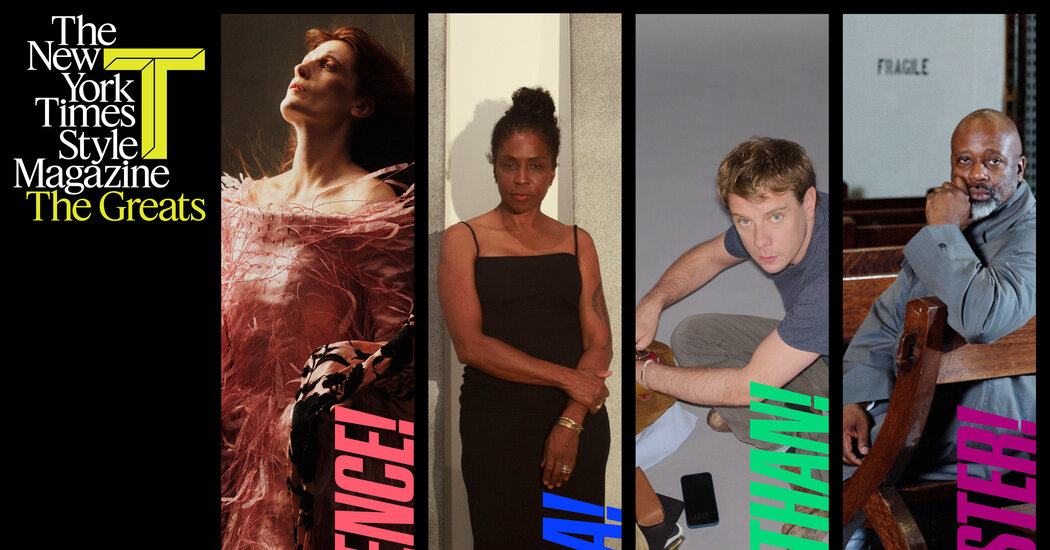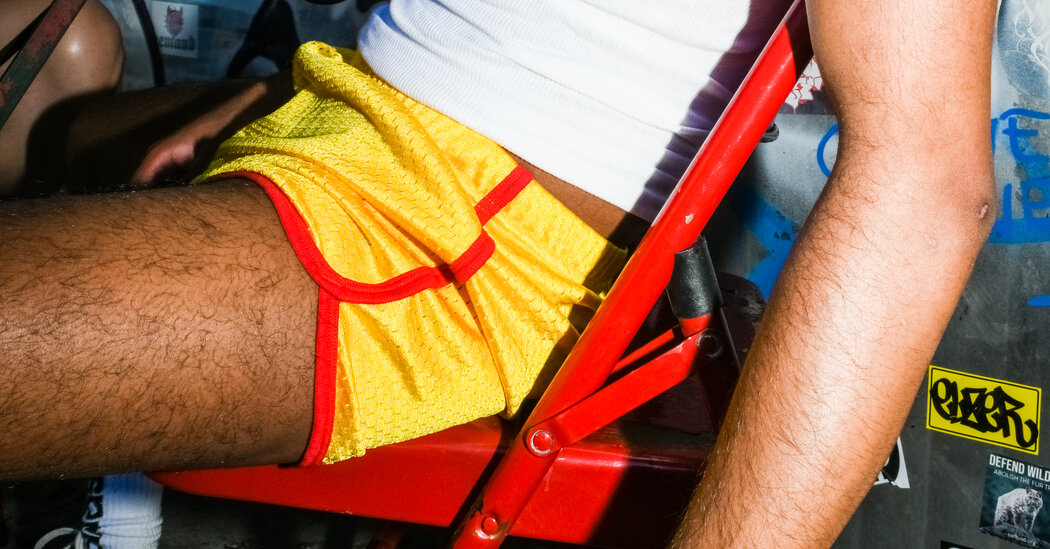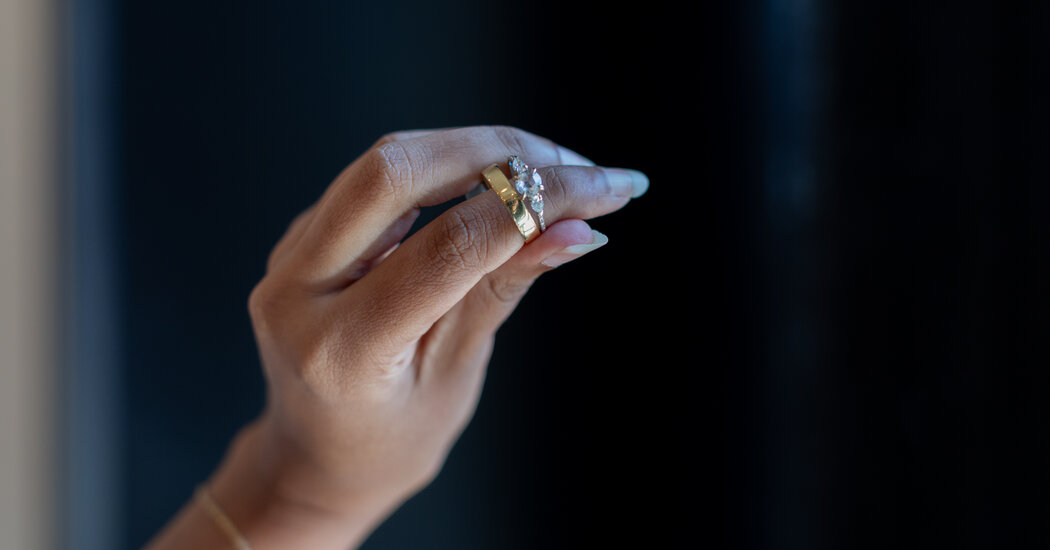For more than two decades, Yeana Ahn, a co-founder of a lifestyle publicity company in New York City, has worn the same watch every day: a 36-millimeter Rolex Datejust in stainless steel and 14-karat gold with an Oyster bracelet.
Strictly speaking, however, it isn’t her watch. It belongs to her husband, James Ahn, who received it as an engagement gift from her parents about a year before their wedding in 2000.
Ms. Ahn, 50, admitted that she “commandeered his watch.”
“I don’t think I really asked permission,” she said. “I just kind of took it” — even though she had received her own horological engagement present: a 30-millimeter version of the same Rolex from his parents.
“At first I loved the ladies’ watch,” she said. “It seemed just my style, but then gradually, the more I saw my husband’s watch, I realized quickly that that one is for me.”
The items were a twist on the Korean tradition of gifts placed in a special box called a hahm, from a groom to his bride. The practice symbolizes the man’s readiness to take on the responsibility of marriage, according to Emma Whitmyer, a program officer who specializes in the Korean Peninsula at the Asia Society Policy Institute, a nonprofit organization in New York City.
But the ceremony has evolved in both South Korea and the Korean immigrant communities in the United States.
“In the last 30 or so years, the tradition of gifting a watch has become more popular from the bride family to the groom,” Ms. Whitmyer said. “However, over time, that’s changed to include gifts from both sides — so the in-laws of both families — and they’re usually given before the wedding.”
Both of the Ahns’ watches were purchased at a jewelry store just a short drive from the Cleveland suburb where Ms. Ahn’s parents lived at the time. The engaged couple wanted the three-link Oyster bracelets rather than the five-link Jubilee bracelets shown on the store’s display models, so it was a special order that took about nine months to arrive. But because their engagement lasted two years — in part to allow Mr. Ahn, who was in law school at the time, to focus on his studies — the watches were delivered well before their June 2000 wedding.
At the rehearsal dinner, there was a wooden hahm, with internal compartments that held gifts for the bride such as pearl jewelry and a crocodile handbag. But by that point, the groom’s large Rolex was already a mainstay on her wrist.
Mr. Ahn, for his part, said he had not minded losing custody of the timepiece: “I’m more than happy to see her happy wearing the watch and it getting good use.”
On his wrist at the time was the watch he often wears: a Casio G-Shock. “I’m a lot more comfortable wearing it,” he said, adding that “it’s just very, very about function and much, much less about form. It’s like ‘Does it tell the time? There you go,’ and it won’t break and it will last for years.”
The smaller Rolex is kept in a winder box on top of a dresser in the couple’s home, which they share with their two teenage children. “It’s part of the furniture there,” Ms. Ahn said.
But, as her husband noted: “Fashions change and things are cyclical, so who knows? Someday the smaller watch might come back into vogue and we’ll have it right there, wound up and ready to go.”







